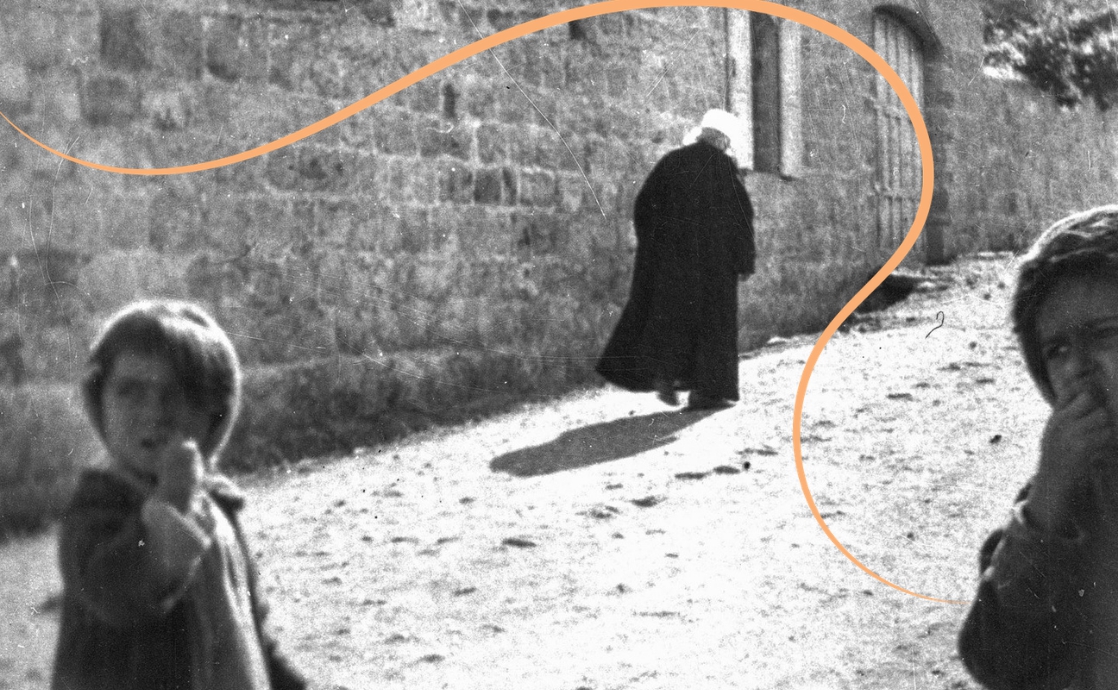In a world often marred by division and disunity, the ethos of service emerges as a formidable antidote, illuminating pathways toward healing, compassion, and collective transformation. Central to this ideal is ‘Abdu’l-Bahá, a luminary whose profound commitment to service resonates with timeless relevance. Exploring the legacy of ‘Abdu’l-Bahá offers not only a historical account but also a rich tapestry of insights into the dynamics of altruism and selflessness within the Bahá’í faith. This exploration promises a paradigm shift, encouraging individuals to reconsider their own roles in their communities and the broader world.
‘Abdu’l-Bahá, the son of Bahá’u’lláh, the founder of the Bahá’í Faith, exemplified a life steeped in the service of humanity. His teachings extend beyond mere philosophy; they are an actionable blueprint for societal progress. Understanding the extent of his commitment requires contextualizing his life against the backdrop of the tumultuous times during which he lived. Enduring imprisonment and exile, ‘Abdu’l-Bahá’s unwavering resolve under oppressive circumstances underscores the resilience innate in selfless service. This backdrop forms the first layer of his enduring legacy — a testament to the belief that one’s actions, no matter how small, can precipitate monumental change.
The wisdom imparted by ‘Abdu’l-Bahá regarding service is multifaceted. His advocacy for personal action and communal responsibility is encapsulated within the notion that “service to humanity is service to God.” This pivotal assertion challenges individuals to extrapolate their understanding of service beyond mere acts of charity or volunteerism. Instead, it invites deeper introspection about one’s daily interactions and engagements. Every encounter with another person presents an opportunity to embody the spirit of service. Herein lies a promising shift in perspective: while many view service as situational, ‘Abdu’l-Bahá prompts a reexamination, suggesting that service be interwoven into the very fabric of one’s existence.
In cultivating a mindset steeped in service, ‘Abdu’l-Bahá underscores the significance of fostering unity and understanding among diverse populations. His perspective is particularly vital in today’s global context, where polarization often eclipses the shared human experience. He posited that through collaboration and mutual respect, communities could surmount differences and work towards common goals. This principle holds profound implications for contemporary societal dynamics. The transition from individualism to communalism — an emphasis on collective welfare — not only piques curiosity but also ignites a yearning for more cohesive social structures. Such realizations beckon individuals to ponder their responsibilities as global citizens, igniting conversations around communal well-being.
Moreover, ‘Abdu’l-Bahá’s commitment to service transcended geographical and cultural boundaries. His travels across Europe and North America were not mere excursions; they were deliberate efforts to disseminate the tenets of the Bahá’í Faith, particularly the imperative for service. He spoke eloquently on various subjects — from the empowerment of women to the importance of education and the eradication of prejudice. Each discourse served to reinforce the idea that thoughtful service encompasses multifarious elements of societal development. This broad conception of service invites a closer examination of personal biases and societal structures, prompting individuals to consider how they contribute to or dismantle systems of oppression.
Equally noteworthy is ‘Abdu’l-Bahá’s portrayal of service as a vehicle for spiritual growth. He argued that true service engenders a profound connection with the Divine and with humanity. This intertwining of spiritual and material aspects challenges the dichotomy often placed between faith and action. By viewing service as spiritual fulfillment, individuals might cultivate a deeper understanding of their purpose. This perspective not only enriches one’s life but also fosters a compelling narrative—one that asserts that authentic fulfillment is achieved not through self-centric pursuits, but through engagement with and service to others. Additionally, this philosophy elucidates a promising pathway to emotional and spiritual well-being, a vital consideration in an era characterized by existential disquiet.
The implications of ‘Abdu’l-Bahá’s teachings extend significantly into the realm of conflict resolution and reconciliation. His lessons and practices illustrate the potency of empathetic dialogue. He often emphasized the importance of understanding adversaries not merely as opponents, but as fellow travelers ultimately seeking peace. This nuanced approach prompts individuals to reconsider their positions in societal disputes and conflicts. By advocating for empathy and open-mindedness, ‘Abdu’l-Bahá’s legacy invites renewed curiosity regarding interpersonal engagements and encourages a departure from entrenched hostilities. Envisioning the potential for peace through understanding transforms not only personal relations but also broader societal dialogues.
Ultimately, ‘Abdu’l-Bahá’s commitment to service catalyzes an introspective inquiry: How can one translate these ideals into action within the contemporary landscape? As individuals grapple with the complexities of modern life, the call to service may often seem daunting. Yet, by embodying the principles espoused by ‘Abdu’l-Bahá, each person holds the potential to influence their circles in profound ways. Service, in its various forms, becomes a clarion call, urging individuals to engage meaningfully with their communities and the world at large.
In conclusion, ‘Abdu’l-Bahá’s legacy is not merely a historical narrative; it is a continuous invitation to embrace the transformative power of service. His life and teachings urge a vital shift in perspective, challenging individuals to deepen their understanding of their role in the tapestry of humanity. By fostering unity, empathy, and purposeful action, the teachings of ‘Abdu’l-Bahá hold the promise of shaping a future imbued with inclusivity and compassion, where the collective aspiration for peace and well-being prevails.
